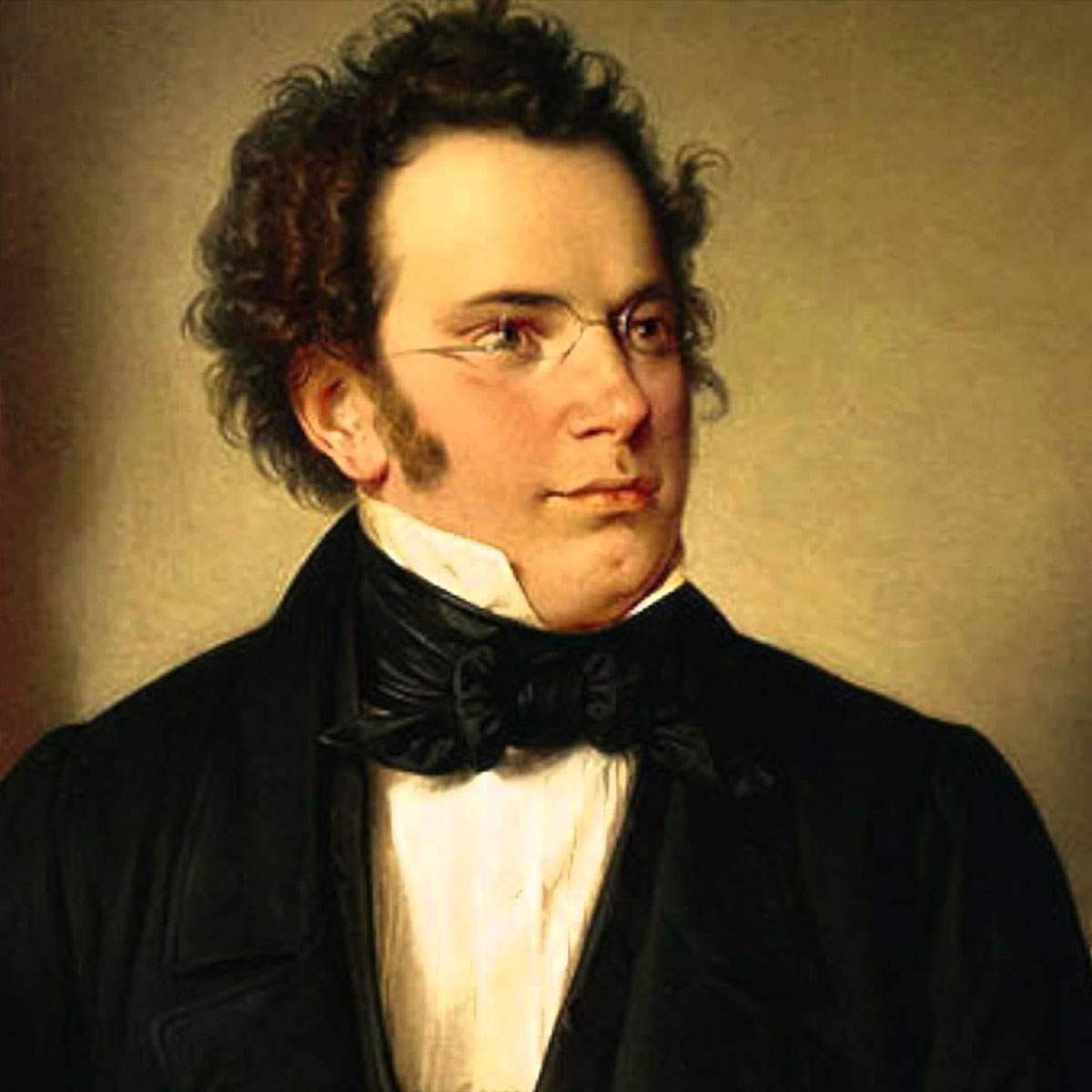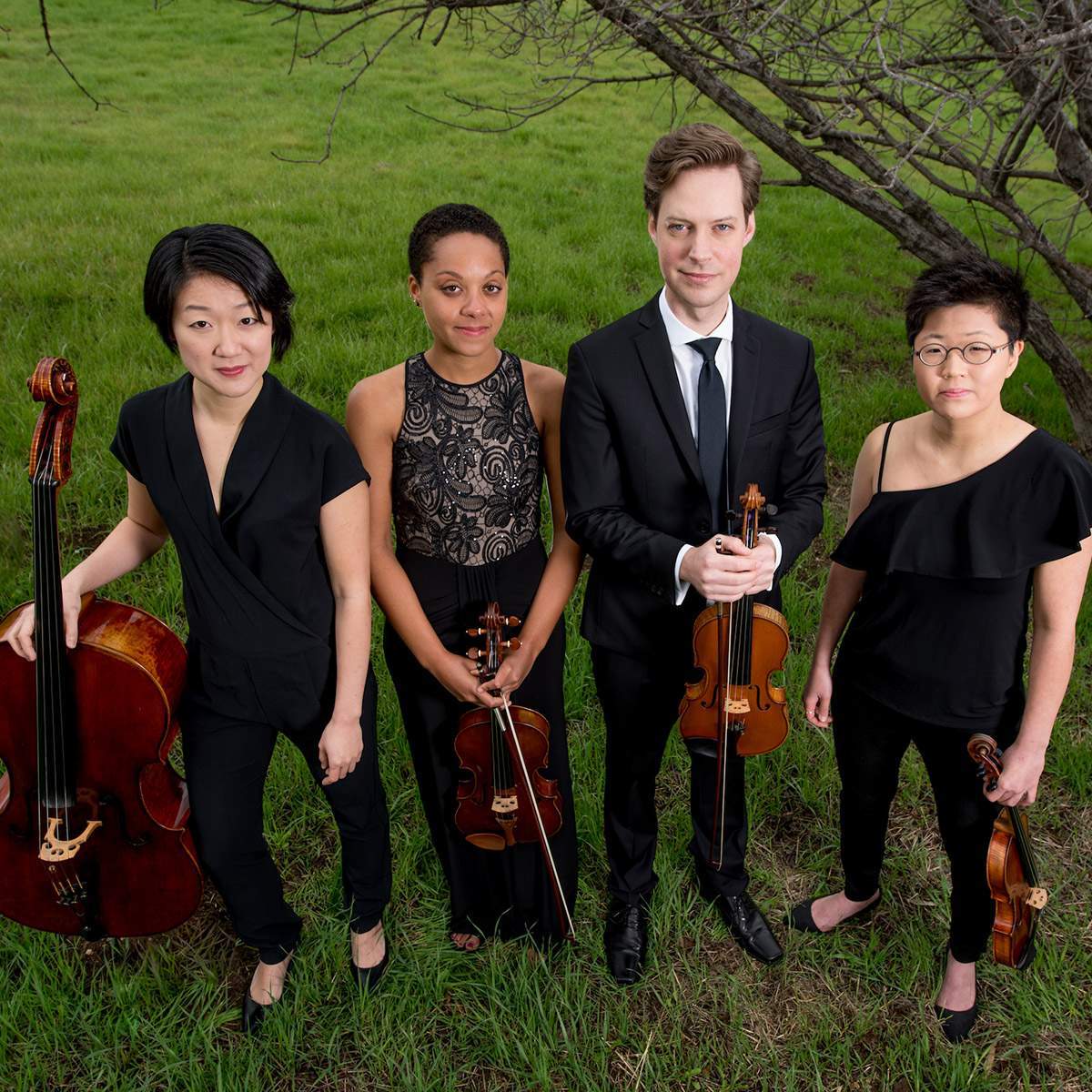THEATER
Theater for a New Audience
About Alice
A new two-character play inspired by Calvin Trillin’s memoir of the same title
By CALVIN TRILLIN
Directed by LEONARD FOGLIA
With Jeffrey Bean and Carrie Paff
WORLD PREMIERE
Alice Trillin, a gifted author, educator, film producer, activist on behalf of cancer patients, and muse to her husband, humorist Calvin Trillin, died September 11, 2001, age 63, from complications due to lung cancer. (See New York Times obituary
here.)
From condolence letters he received, Trillin felt readers didn’t know Alice beyond a “sort of an admirable sitcom character” that he created in his books and magazine pieces. Four years after her death, New Yorker editor David Remnick suggested that Trillin consider writing about Alice. In 2006, New Yorker published Trillin’s essay “Alice, Off the Page: Expanding on–or maybe correcting–some of the things I wrote about my wife.” The 2007 memoir About Alice developed from the shorter New Yorker essay.
Rather than memorializing his grief, Trillin celebrates their New York romance, 36-year marriage, family, and the real Alice. Reviewing the memoir, Peter Stevenson, New York Times, wrote
“Sometimes we come across a piece of first person writing that shocks us back into a restorative innocence vis-à-vis the human heart…Neither partner seems to have done any grievous or even subtle harm to the other. It was as if he had traveled out beyond familiar territory and brought back a moon rock, something worthy of preserving. And you could tell: he and Alice had a ball. Recalling that party (where they first met)….Alice would sometimes say, ‘You have never again been as funny as you were that night.’
‘You mean I peaked in December of 1963?’ I’d say, 20 or even 30 years later.
‘I’m afraid so.’”
Though Alice never smoked, at age 38 she discovered she had lung cancer. Against terrifying odds, Alice survived for 25 years and wrote eloquently about living with the disease.
“A blood test will never again be a simple, routine procedure…. It is particularly important to face the fact of death squarely, to talk about it with one another.” (“Of Dragons and Garden Peas: A Cancer Patient Talks to Doctors,” 1990, The New England Journal of Medicine)
And in “Betting Your Life” (2001, The New Yorker), eight months before she died, Alice wrote:
“I’d come to think of it as the dragon that sleeps inside anyone who has had cancer. We can never kill this dragon, but as we go about our daily lives–giving our children breakfast, putting more mulch on our gardens–in the hope it will stay asleep for a while longer.”
The play begins with Calvin observing,
“There was one condolence letter that made me laugh. Naturally, a lot of them made me cry. Some of the ones that made me cry, oddly enough, were from people who had never met Alice. They had become familiar with her as a character in books and magazine pieces I’d written…Virtually all those letters began in the same way, with a phrase like ‘Even though I never really knew Alice… I was certain of what Alice’s response would have been.”
Alice, no longer a subject as in the memoir, and now present in Calvin’s imagination, replies, “They’re right about that. They never knew me.”
The production will be directed by Leonard Foglia (Anna Deavere Smith’s Notes From the Field).
The creative team includes Riccardo Hernandez (Scenic Designer), David Woolard (Costume Designer), Russell Champa (Lighting Designer), Josh Schmidt (Sound Designer), Elaine McCarthy (Projection Designer), and Tom Watson (Wigs).
—
BIOS
Alice Stewart Trillin (1938 – 2001) was a remarkable educator, author, film producer, activist and long-time muse of her husband, Calvin Trillin, whom she married in 1965.
She attended public schools, then earned a B.A. from Wellesley College and an M.A. from Yale in English Literature. She taught at Hofstra, the City University of New York, and New York Medical College. Her work on curriculum design led to consultations for the Corporate Commission on Educational Technology, a Presidential task force, and WNET-Thirteen. In 1981, she co-founded Learning Designs, a production company of award-winning children’s television.
In 1976, a diagnosis of lung cancer led to another career: writing about being a cancer patient in what she called “The Land of the Sick.” In 1981, she published an article in The New England Journal of Medicine, ”Of Dragons and Garden Peas: A Cancer Patient Talks to Doctors.” Her pieces were also published in The Nation and Confrontation. A letter she wrote to a friend’s child who was battling cancer became an illustrated book, Dear Bruno. Her 1987 testimony before the New York City Council became a New York Times Op-Ed piece supporting a ban on smoking in public places. In 2001, eight months before her death due to complications from lung cancer, The New Yorker published “Betting Your Life,” her essay exploring the choices facing cancer patients. See The New York Times obituary
here.
Calvin Trillin is an American journalist, humorist, food writer, poet, memoirist, and novelist. He began his career as a journalist in the fall of 1960, spending a year in the Atlanta bureau of Time covering the civil rights struggle in the South and then moving to Timein New York. In 1963, he joined The New Yorker as a staff writer. His New Yorker article on the desegregation of the University of Georgia was published as his first book, An Education in Georgia. From 1967 to 1982, he wrote a series called U.S. Journal in The New Yorker — a 3,000-word reporting piece from somewhere in America every three weeks. He has published thirty one books, ranging from comic novels (Tepper Isn’t Going Out) to political verse (Obliviously On He Sails) to true crime (Killings). Alice Trillin appears in some of Trillin’s lighter books, such as Family Man, and so do their daughters, Abigail and Sarah. An anthology of his humorous pieces, Quite Enough of Calvin Trillin: Forty Years of Funny Stuff, was awarded the Thurber Prize for American Humor in 2012. He is a member of the American Academy of Arts and Letters. The American Place Theatre, as part of its American Humorists Series, presented one-man shows by Mr. Trilliin twice – Calvin Trillin’s Uncle Sam in 1988 and Words, No Music in 1990. About Alice is his first full length play.
Leonard Foglia is a theater and opera director as well as librettist. Broadway includes Master Class, On Golden Pond, Thurgood, The Gin Game. Off Broadway: Anna Deavere Smith’s Notes From The Field and Let Me Down Easy, Opera: Moby Dick, Everest, Cold Mountain, The End of the Affair, Three Decembers, It’s a Wonderful Life, His production of Dead Man Walking was produced by New York City Opera. As a librettist, he wrote (and directed) El Pasado Nunca Se Termina/The Past Is Never Finished and Cruzar la Cara de la Luna/To Cross the Face of the Moon both with composer José “Pepe” Martínez and A Coffin in Egypt with composer Ricky Ian Gordon.
Jeffrey Bean Broadway: Bells Are Ringing (Francis), Amadeus (Kapellmeister Bono); Off-Broadway: The Thanksgiving Play. Regional: Alley Theatre (Resident Company, 28 seasons), Actors Theatre of Louisville, Ahmanson Theatre, Hartford Stage, Bay Street Theatre, White Heron Theatre. TV: Law & Order, The Blacklist, The Good Cop. Awards: Princess Grace Award, Lunt-Fontanne.
Carrie Paff Off-Broadway: Ideation (59E59). Regional: King Charles III (ACT), Stage Kiss, Stupid Fucking Bird (San Francisco Playhouse), Double Indemnity (ACT Seattle), The Real Thing, Betrayal (Aurora Theatre), Holmes & Watson (Arizona Theatre Company), The Other Place (Magic Theatre), The Big Meal (San Jose Rep), A Streetcar Named Desire (Marin Theatre Company), and Joan Rivers: A Work in Progress (Leicester Square, London). Film: Finding Dory, The Good Dinosaur, Joan Rivers: A Piece of Work. carriepaff.com






















